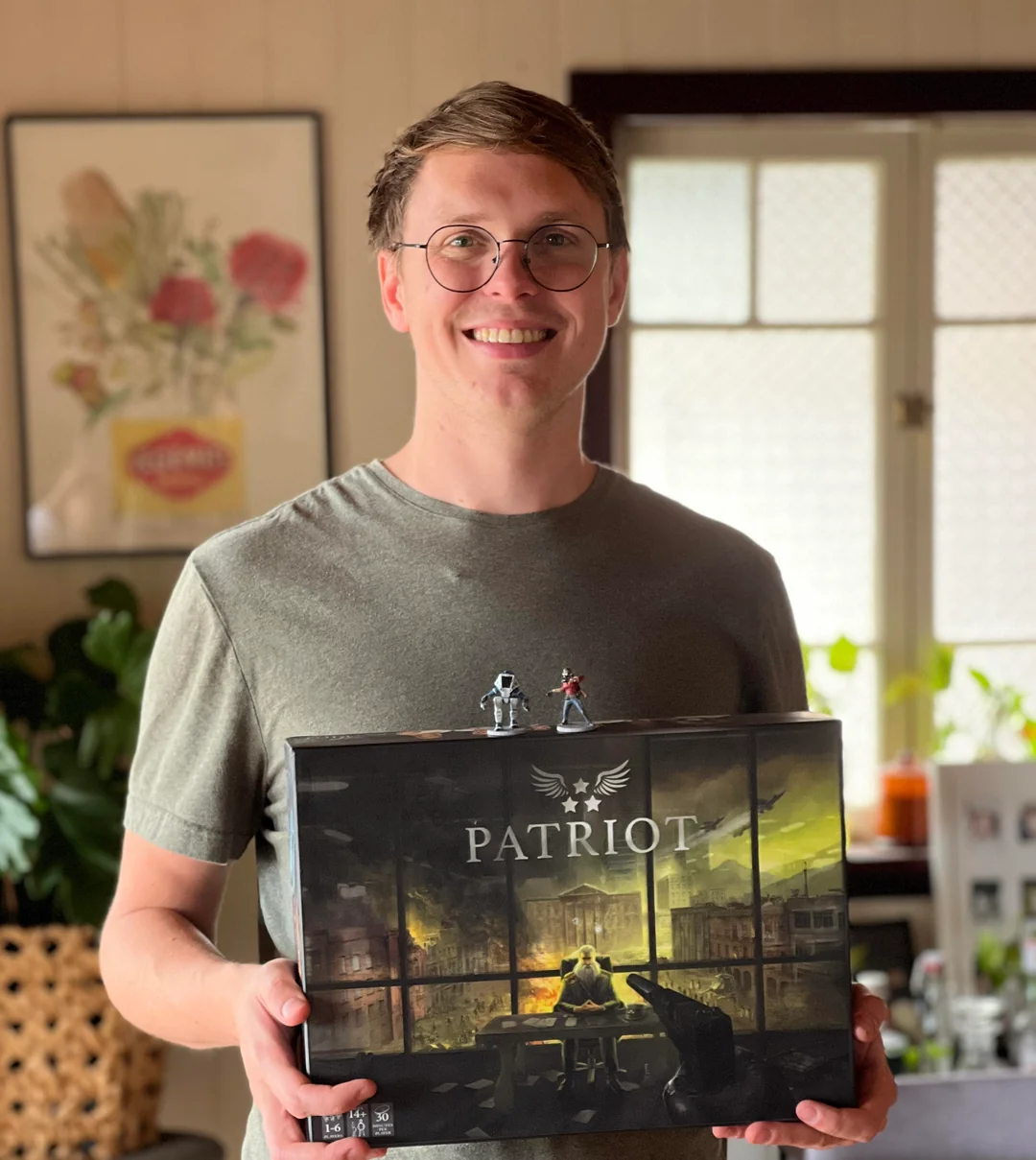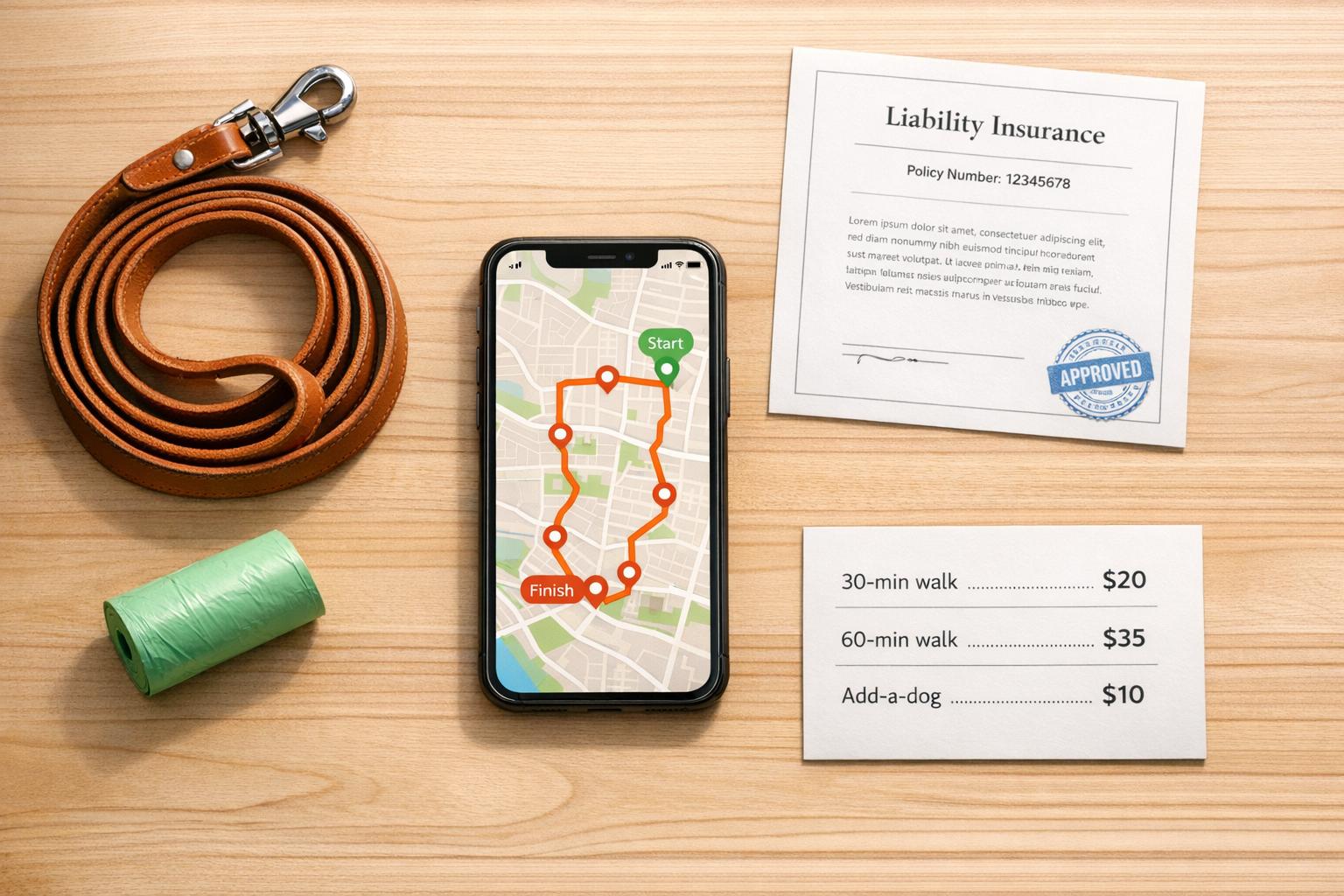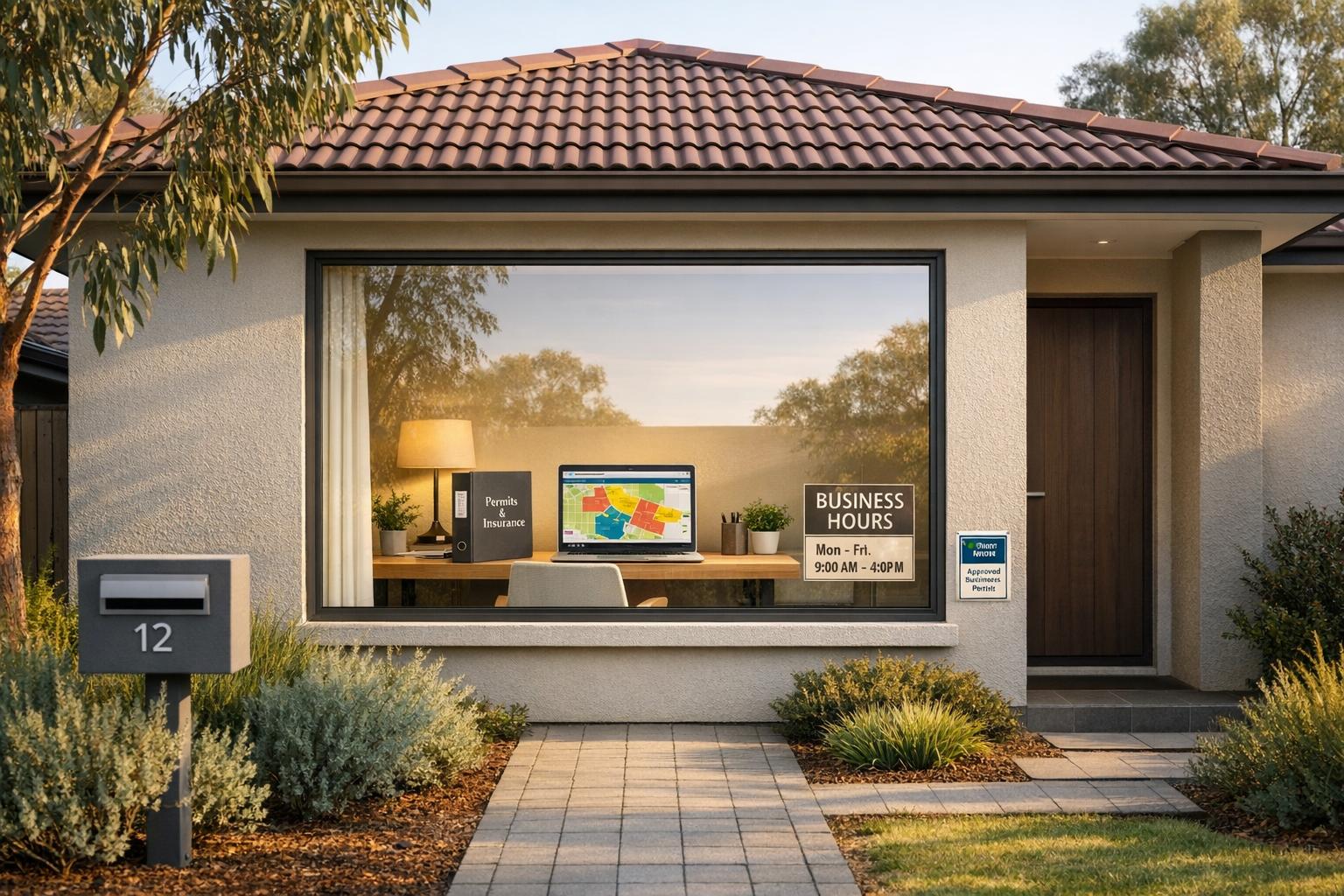
A couple of years ago, I launched Patriot: The Board Game on Kickstarter (no longer for sale!). Raised $70k, had over 2,000 people on the waitlist, and even snagged a meeting with Kickstarter’s game execs, which got me featured on their platform. It was a pretty good campaign for a first time launch in a very competitive space.
And honestly? It was successful in a lot of ways and I learnt a lot about entrepreneurship. I delivered the game faster than 90% of Kickstarter projects, worked with manufacturers in China, and saw my idea come to life. But was it sustainable? Not really.

Firstly, the issues that I failed to see:
- The board game space on Kickstarter is SO competitive that you're lucky to get any eyeballs at all.
- Manufacturing costs are around $20 per game at a minimum order quantity of 1000 games, but the bigger cost that I didn't consider was that the acquisition cost of a customer is more like $15-30 for kickstarter, if not more. THEN, the cost of shipping is INSANE! Customers cover that, but they don't cover the cost of freight in containers and the warehouse costs into each country. You have to do some guesswork to make any money back at all.
- The tasks above turned into a full time job, as well as communicating with very demanding (but honestly, very nice) customers.
Because of these reasons and some others (like the cost of artwork), I only JUST broke even... Hence why it was not sustainable.
Here’s what I’d do differently:
- Start the customer acquisition and social posting EARLIER rather than relying on ads, it's so hard to build up momentum and often it's disregarded, but these things can take 6+ months.
- Validate more upfront. I had interest, but I didn’t analyse competitors or customer needs deeply enough before committing to artwork and game mechanics.
- Know my numbers. Advertising costs add up fast, and I wasn’t clear on my actual margins before diving in. Let’s just say the profit didn’t exactly match the hype.
- Be flexible. I realised too late I could’ve pivoted some of the game’s core concepts to make it more appealing, but I was already too far in.
What I learned: crowdfunding is amazing for launching, but you have to be strategic if you want to keep things alive post-campaign. People don't usually make money out of their first or even second game. Brand goes a long way with Kickstarter (of course, there are exceptions to every rule).
The whole experience is why I started IdeaFloat. It’s built to help people avoid the same traps I fell into—validating ideas, working out costs, and pivoting before you sink too much cash into a dream.
Looking back, I wouldn’t trade the experience and doing anything at all gives you so many lessons about life. I would not have been able to make IdeaFloat if I didn't go through this journey. But if you’re thinking about launching your business (or have already), learn from my mistakes.
Get the newest tips and tricks of starting your business!


